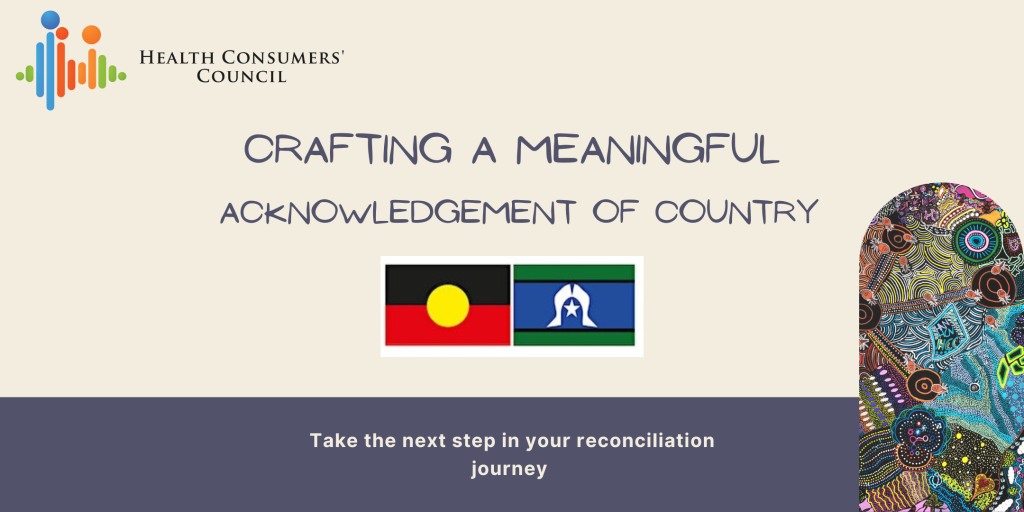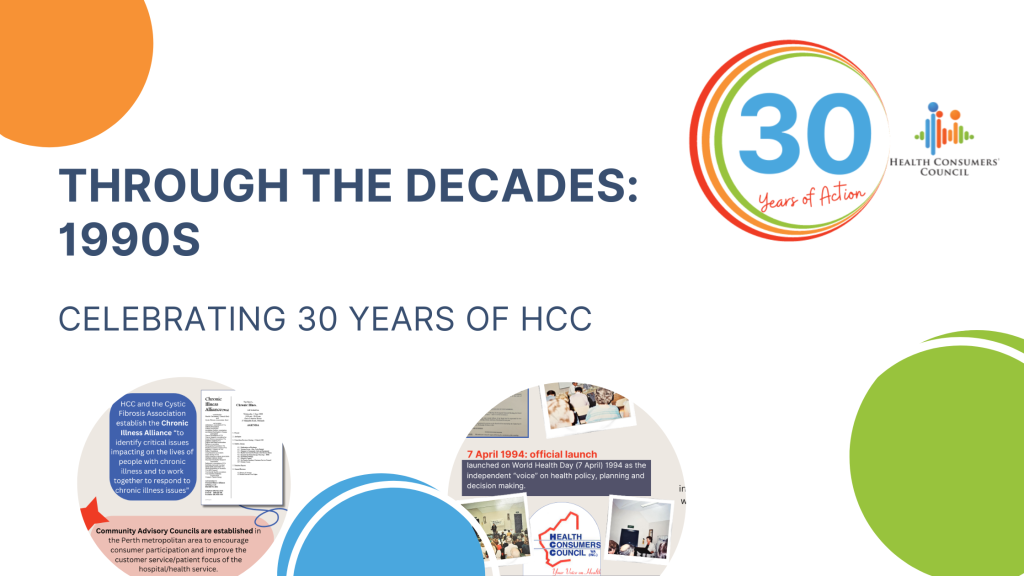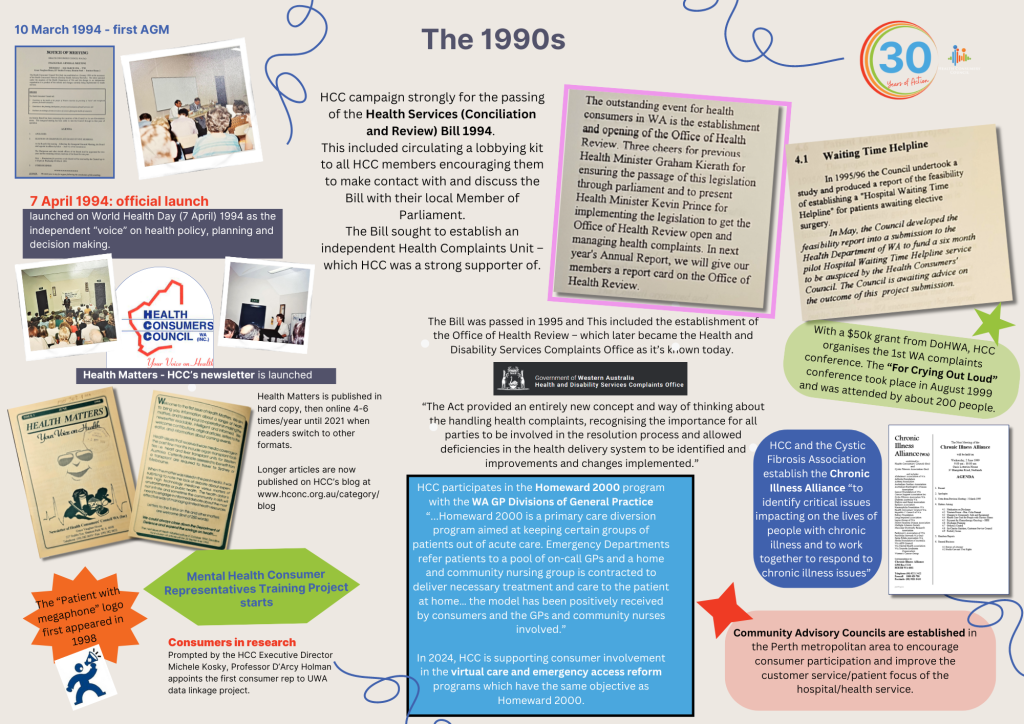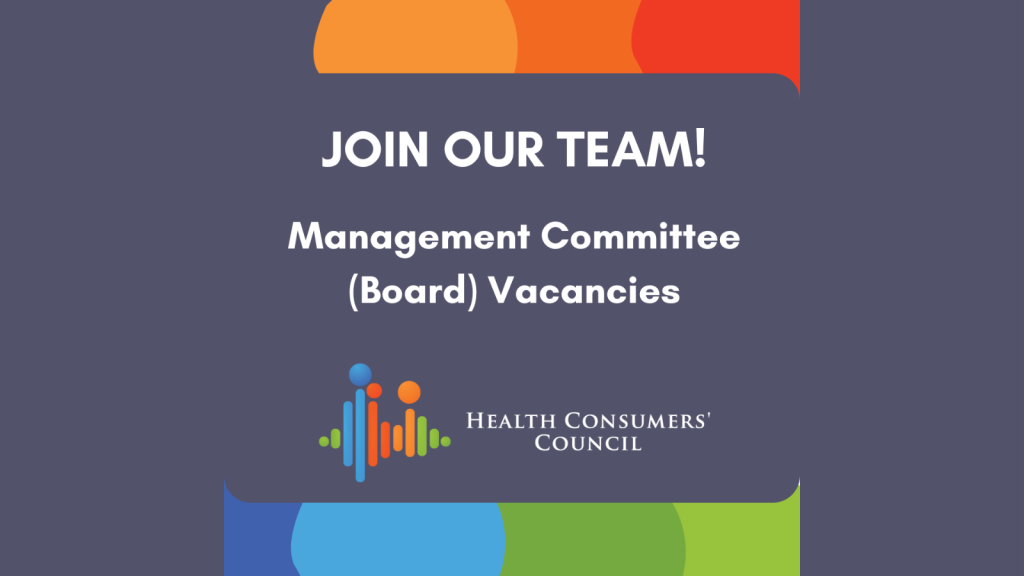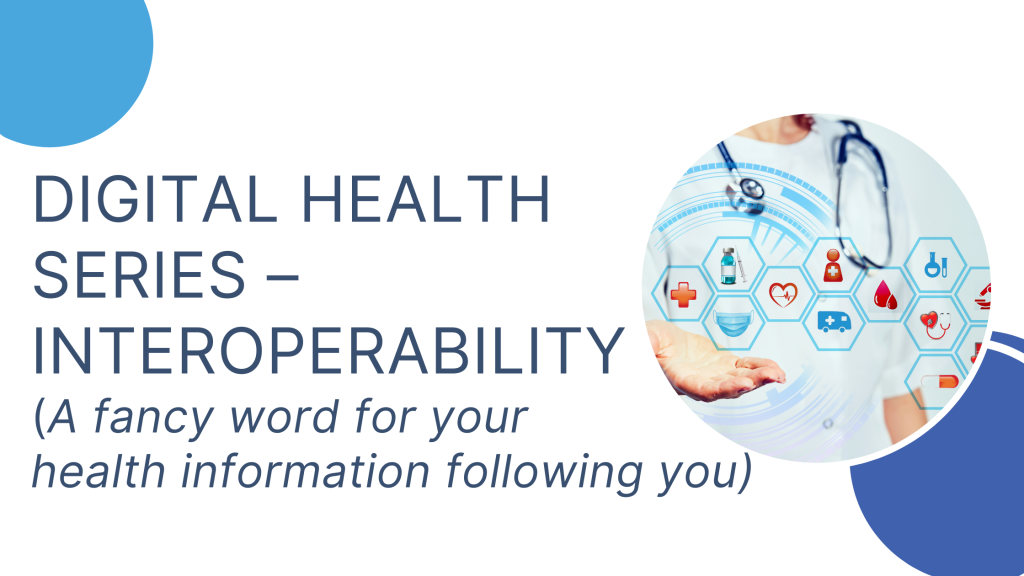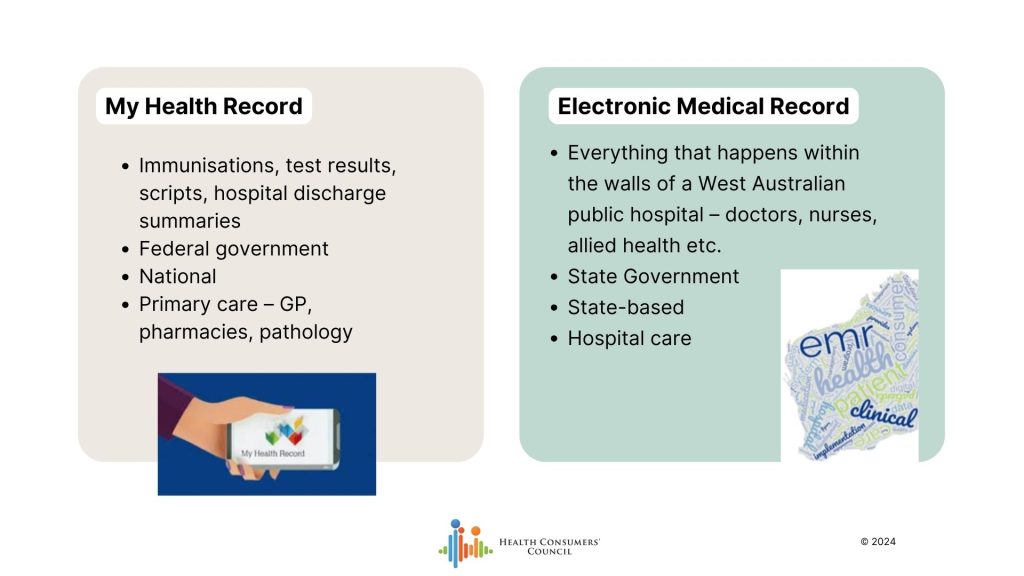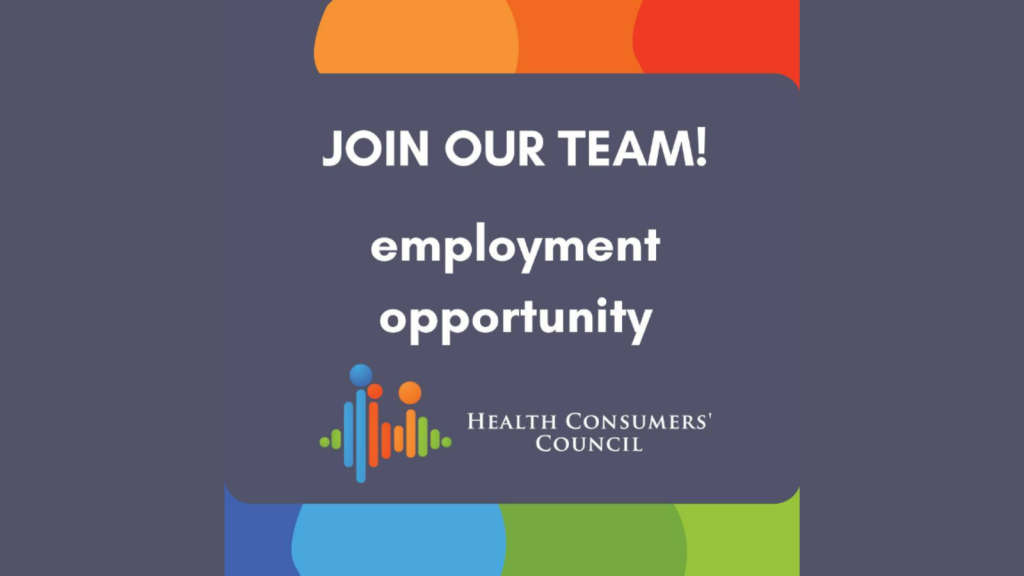
Aboriginal Engagement Officer, part time (parental leave cover)
We are seeking an enthusiastic and motivated Aboriginal Engagement Officer to join our Engagement Team.
This is a new and important role at the organisation and will be working on a range of engagement activities including providing health rights information and workshops to community groups, facilitating consultations with Aboriginal community on a range of health care topics, promoting our services to community, services and Aboriginal staff.
The role is 3 days a week for an initial 12-month period – covering parental leave.
About you:
- You are someone who loves working with community – including Elders, Aboriginal health consumers, Aboriginal health staff and other stakeholders
- You have great organisational skills, can work as part of small team and manage your own workload while being supported by the organisation
- You want to make a difference to how Aboriginal people experience our health system
- You think in a creative way and make the most of what is available
- You work in a way that builds trust, is trauma informed and understands how important lived experience and consumer voices are when making services better
- You are a person who helps the rest of the team when needed – knowing that the rest of the team will do the same for you
- You will have experience working with a variety of programs like Outlook, Word, Excel, SharePoint and a CRM and Canva – or be willing to learn
The role offers:
- A high degree of variety – working with Aboriginal community members and staff at all levels in the health and social care system
- The opportunity to be part of a consumer-first organisation with a focus on improving health equity and championing health rights
- A welcoming and inclusive workplace where everyone is encouraged to bring all of themselves to work
- The opportunity to be involved in a wide range of projects and to grow your areas of responsibility as your knowledge and skills develop
- A competitive not-for-profit annual base salary with salary packaging
- The opportunity for Cultural Mentoring
A typical week might see you doing a range of tasks:
- Meeting with Aboriginal consumers and staff at a community centre or health service
- Presenting a health rights workshop for Aboriginal consumers
- Actively recruiting Aboriginal consumers for various consumer representative opportunities
- Assisting with planning and delivering a range of events, workshops and activities by organising attendee lists, logistics and catering and consumer payments and enquiries
- Creating and sharing posts on social media guided by senior colleagues
- Attending workshops and events when required to – this may include occasional after hours working
- Liaising with members and organising the Aboriginal Advisory Group meetings
- Managing stakeholder contact details through our Customer Relationship Management (CRM) system
See the job description for a full outline of responsibilities for the role.
Selection criteria
Essential
- Identify as an Aboriginal and/or Torres Strait Islander person
- Have or be able to obtain a Working with Children Card and a National Police Clearance
- Experience in a similar role or using similar engagement skills
- Well-developed people skills
- Well-developed written communication skills, with the ability to write clearly and concisely
- Excellent organisational skills and the ability to manage and prioritise deadlines and own workload with limited supervision
- Comfortable using office software
Desirable
- A demonstrated interest in the aims and purpose of HCC, for example, experience as a health consumer representative or volunteering in a similar advocacy organisation
- Experience delivering training and facilitating workshops
- Experience creating engaging content for social media and website use
To apply for the position
If you require any adjustments to submit your application or wish to have a confidential discussion about the role, please contact Tania Harris on 9221 3422 or tania.harris@hconc.org.au using the subject line: Aboriginal Engagement Officer (50D) enquiry via EthicalJobs.
You can view the full job description here.
You can apply for this role via Ethical Jobs.
Applications close on Monday 9 September.





